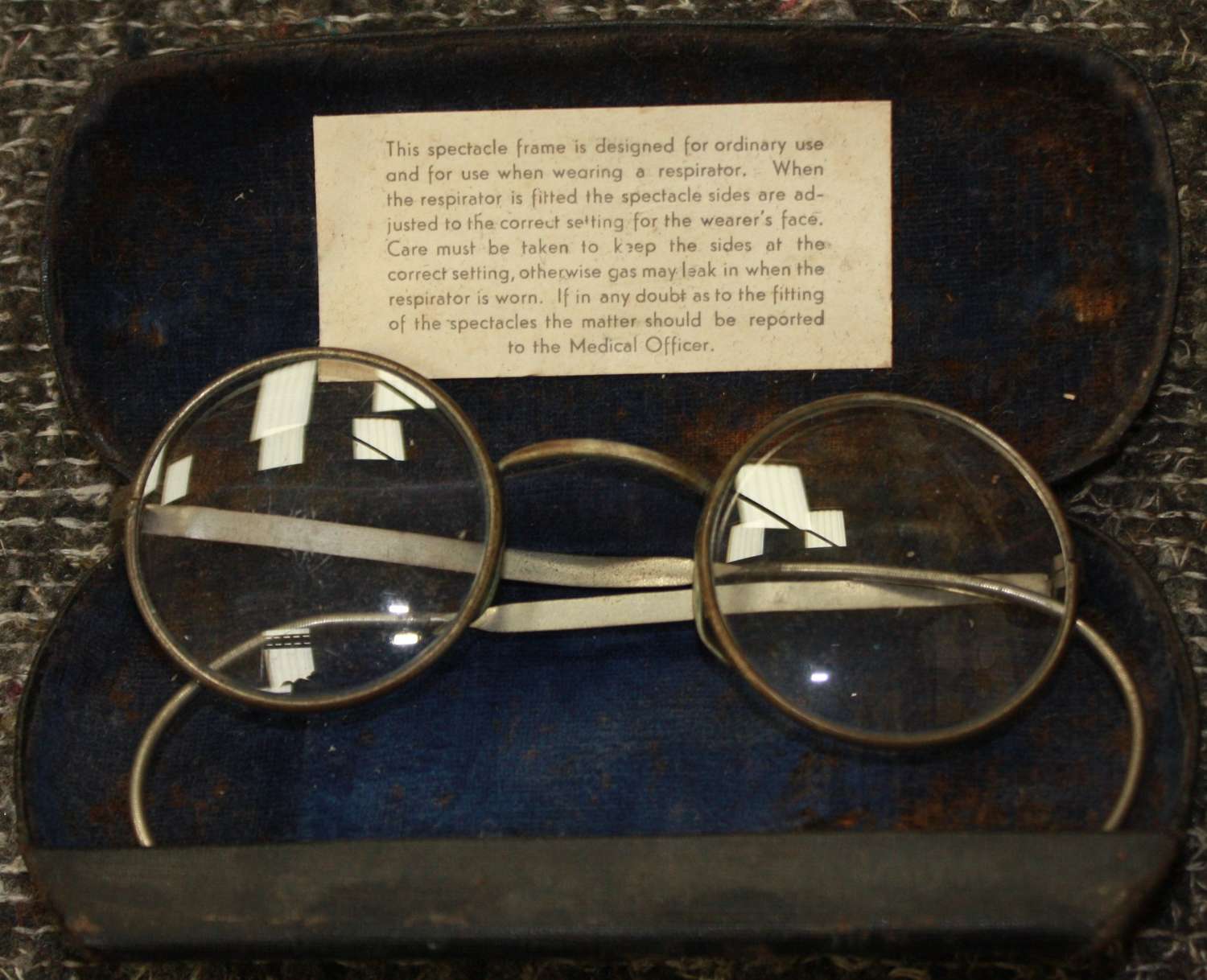
It made it harder to see than ever, and you got soap in your eyes. Our mums were told to rub soap on the inside of the window, to prevent this. The moment you put it on, the window misted up, blinding you. The covering over my face, the cloudy Perspex in front of my eyes, and the overpowering smell of rubber, made me feel slightly panicky, though I still laughed each time I breathed out, and the edges of the mask blew a gentle raspberry against my cheeks. It didn't seem possible that enough air was coming through the filter. One child wrote: "Although I could breathe in it. The gas-like odour of rubber and disinfectant made many people feel sick. Gas masks were neither easy nor comfortable to wear. (6) A school child tries on a gas mask in 1939. John Lewis, the department store, reminded staff that "those who come without their gas mask must not be surprised if they are dismissed as unsuitable in time of war". Entry was occasionally refused to restaurants, or places of entertainment, to patrons who were without their survival kit.

Teachers were instructed to send children back home to fetch their masks if they had forgotten them. Government advertisements appeared in newspapers pleading with people to carry their gas masks with them at all times.

The government published posters that said: "Hitler will send no warning - so always carry your gas mask". However, legislation was never passed to make it illegal. The government threatened to punish people for not carrying gas masks. People were encouraged to wear gas-masks for 15 minutes a day to get used to the experience. People reacted in the most uncivilised way because they were so certain that poison gas would be used by the Germans and there were not enough gas masks issued on that first delivery. Elsie was right about the gas masks, and several weeks later there was a mad panic for these frightful looking things at local school rooms, where they were being distributed. Fry, the local Councillor and her next-door neighbour, and he had told her in confidence that the first consignment of gas masks due to be delivered the following week would be far from adequate and it was a question of distribution. Joyce Storey lived in Bristol: "Elsie remarked that she had spoken to Mr. (3) Neville Chamberlain went on to radio to explain the measures the government was taking: "How horrible, fantastic, incredible, it is that we should be digging trenches and trying on gas masks here because of a quarrel in a far away country between people of whom we know nothing." (4) Mickey Mouse gas mask (1939) People carried their gas masks in cardboard cases for many months. There were also gas helmets for babies into which mothers would have to pump air with a bellows. Hand bells will tell you when there is no longer any danger from poison gas." (2)Īdult gas masks were black whereas children had 'Micky Mouse' masks with red rubber pieces and bright eye piece rims. If you hear hand rattles do not leave your shelter until the poison gas has been cleared away. The government also issued a warning that people must go to their nearest air raid shelter during bombing attacks: "If poison gas has been used, you will be warned by means of hand rattles. Over the next few weeks 38 million gas masks were distributed to regional centres.

On the outbreak of the Second World War the government decided to issue a gas mask to everyone living in Britain. In 1936, a disused mill in Blackburn became a gas mask assembly-plant where, by the Munich Crisis of 1938, more than 30 million gas masks had been manufactured. The result was the General Civilian Respirator. Therefore, the British government asked its scientists at the Porton Down laboratory to design a civilian respirator which could be mass-produced at a unit cost of two shillings. The government feared that the enemy would use aircraft to drop chemical bombs on civilians. This included firing shells at soldiers that contained chlorine, phosgene and mustard gas. During the First World War several countries, including Germany and Britain, had resorted to chemical warfare. In 1934 the British government decided that it was possible that over the next few years it would become involved in a war with Nazi Germany. ▼ References ▼ Spartacus Blog Gas Masks in the Second World War killed more people than they saved


 0 kommentar(er)
0 kommentar(er)
